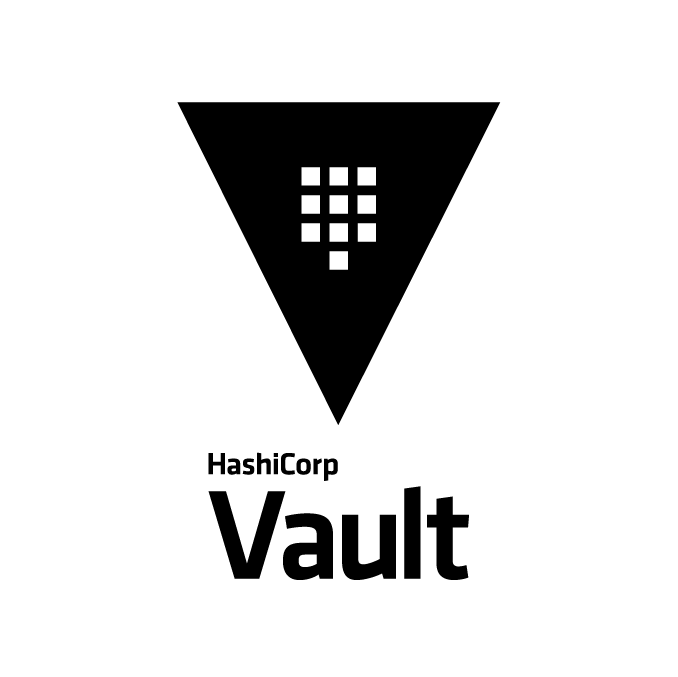

DevOps Tools - Managing Secrets with Hashicorp Vault
What is Hashicorp Vault?
 Vault is a tool for securely accessing secrets. A secret is anything that you want to tightly control access to, such as API keys, passwords, or certificates. Vault provides a unified interface to any secret, while providing tight access control and recording a detailed audit log.
Vault is a tool for securely accessing secrets. A secret is anything that you want to tightly control access to, such as API keys, passwords, or certificates. Vault provides a unified interface to any secret, while providing tight access control and recording a detailed audit log.
A modern system requires access to a multitude of secrets: database credentials, API keys for external services, credentials for service-oriented architecture communication, etc. Understanding who is accessing what secrets is already very difficult and platform-specific. Adding on key rolling, secure storage, and detailed audit logs is almost impossible without a custom solution. This is where Vault steps in.
Use Cases of Hashicorp Vault
Possible use cases of Hashicorp Vault include:
- General Secret Storage. At a bare minimum, Vault can be used for the storage of any secrets. For example, Vault would be a fantastic way to store sensitive environment variables, database credentials, API keys, etc.
- Employee Credential Storage. While this overlaps with "General Secret Storage", Vault is a good mechanism for storing credentials that employees share to access web services. The audit log mechanism lets you know what secrets an employee accessed and when an employee leaves, it is easier to roll keys and understand which keys have and haven't been rolled.
- API Key Generation for Scripts. The "dynamic secrets" feature of Vault is ideal for scripts: an AWS access key can be generated for the duration of a script, then revoked. The keypair will not exist before or after the script runs, and the creation of the keys are completely logged.
- Data Encryption. In addition to being able to store secrets, Vault can be used to encrypt/decrypt data that is stored elsewhere. The primary use of this is to allow applications to encrypt their data while still storing it in the primary data store.The benefit of this is that developers do not need to worry about how to properly encrypt data. The responsibility of encryption is on Vault and the security team managing it, and developers just encrypt/decrypt data as needed.
Key Features of Hashicorp Vault
The key features of Vault are:
- Secure Secret Storage: Arbitrary key/value secrets can be stored in Vault. Vault encrypts these secrets prior to writing them to persistent storage, so gaining access to the raw storage isn't enough to access your secrets. Vault can write to disk, Consul, and more.
- Dynamic Secrets: Vault can generate secrets on-demand for some systems, such as AWS or SQL databases. For example, when an application needs to access an S3 bucket, it asks Vault for credentials, and Vault will generate an AWS keypair with valid permissions on demand. After creating these dynamic secrets, Vault will also automatically revoke them after the lease is up.
- Data Encryption: Vault can encrypt and decrypt data without storing it. This allows security teams to define encryption parameters and developers to store encrypted data in a location such as SQL without having to design their own encryption methods.
- Leasing and Renewal: All secrets in Vault have a lease associated with them. At the end of the lease, Vault will automatically revoke that secret. Clients are able to renew leases via built-in renew APIs.
- Revocation: Vault has built-in support for secret revocation. Vault can revoke not only single secrets, but a tree of secrets, for example all secrets read by a specific user, or all secrets of a particular type. Revocation assists in key rolling as well as locking down systems in the case of an intrusion.
Select the language of your preference